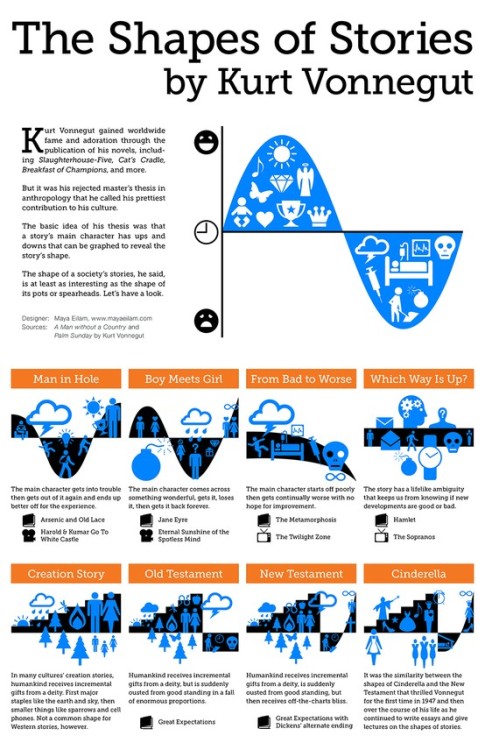by Rachelle Gardner
1.
Concise and fascinating answers to questions like, “So, what do you write?” and
“Tell me about yourself.”
2.
Organized thoughts about the book(s) you’re pitching, so you can easily give a
1 or 2 minute pitch when asked.
3.
One-sheets for each book you’re pitching—plenty of copies in case agents or
editors want to keep them.
4.
Business cards.
5.
A printout of the first chapter of your novel (or a book proposal for
non-fiction). You just need a few of copies since you will show them in
meetings but probably won’t leave them with agents or editors.
6.
A camera if that floats your boat.
7.
A tote bag or brief case (not too big) to carry around your stuff, or simply a
folder to hold your papers and keep you organized.
8.
A professional-looking, business-casual wardrobe with comfortable shoes. A
nicer outfit for the banquet Saturday night.
9.
Personal goals for the conference… and an open mind so that you don’t miss
opportunities and connections that come your way unexpectedly.
10.
A big smile, since it’s the best way to forge connections with others and keep
yourself relaxed.
Writers’ Conference Etiquette
by Scott Hoffman
by Scott Hoffman
http://foliolit.com/resources/writers-conference-etiquette
Get Thee to a Writers Conference
by James Scott Bell
by James Scott Bell
http://stevelaube.com/get-thee-to-a-writers-conference

